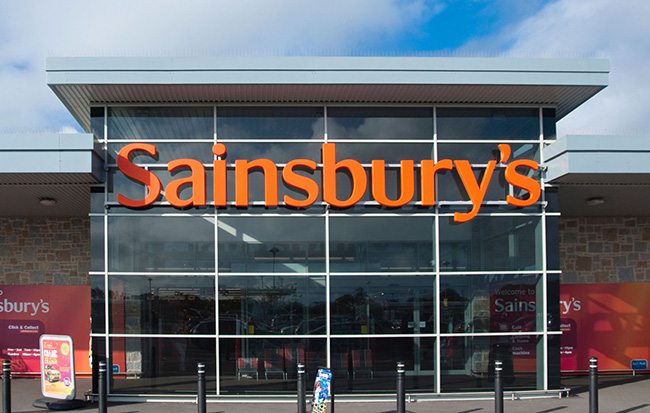Sainsbury’s has seen off an attempt by a group of shareholders to force it to commit to paying the so-called real living wage to all staff.
At the retailer’s annual meeting yesterday 83.31 per cent of shareholders who voted were against the resolution put forward by the non-profit group ShareAction, whose City backers included Legal & General.
Martin Scicluna, Sainsburys’ chairman, said that the company paid the living wage to in-house staff but that demands for it to become a fully accredited living wage employer would tie it to future rises and restrict its flexibility over staff costs.
Rachel Hargreaves, campaign manager at ShareAction, said that the 16.69 per cent vote in favour of the motion still “sent a powerful message” on the treatment of workers. “As we deal with the continued effects of the cost of living crisis, the conversation around low pay isn’t going to go away, and both employers and investors need to step up,” she said.
The issue at Sainsbury’s, Britain’s second biggest supermarket, had become a focus for debate over the right of companies to manage staff costs and the treatment of lower-paid workers. The living wage is set by the Living Wage Foundation, a charity, and ShareAction says about half of companies in the FTSE 100 are accredited.
The living wage is £11.05 an hour in London and £9.90 an hour in the rest of the UK — and is more than the minimum wage, set by the government, which is £9.50 an hour. Accreditation would force the supermarket to keep up with the living wage in coming years, and also to ensure that contractors such as cleaning staff are paid it.
Scicluna said after the vote: “We believe strongly in paying people well for the excellent job they do for our customers every single day. We also believe that we need to make all business investment decisions independently and that these decisions should not be outsourced to a third party.”
He defended the pay for the company’s bosses, including the chief executive, Simon Roberts, who made £3.8 million last year. “We have got to ensure we reward and we incentivise our management,” Scicluna said. “You can’t buck the market. We could reduce significantly at the top, but our competitors would leap over the fences to take away our really good and able people.”


